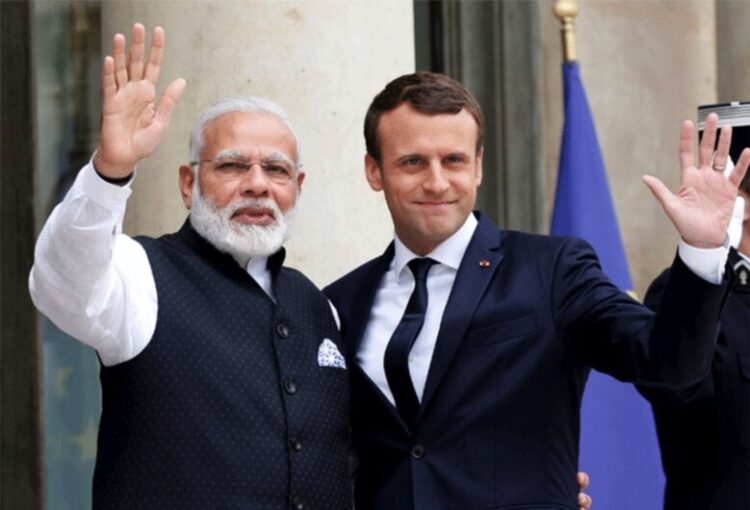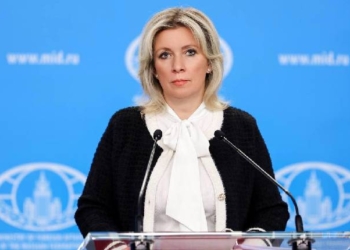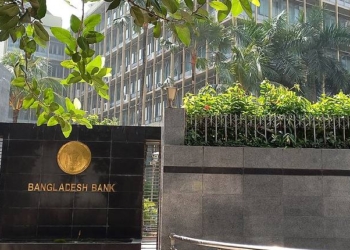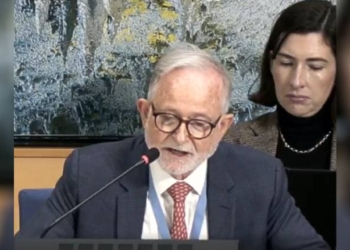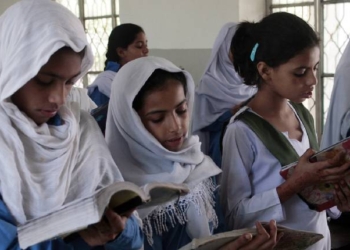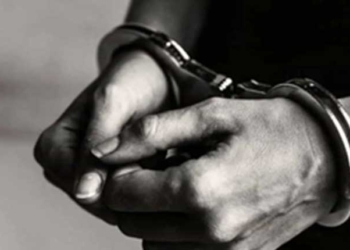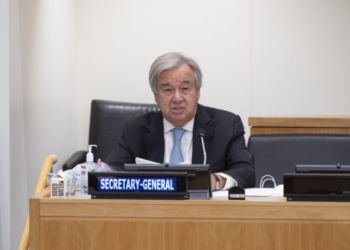Paris: India and France would strengthen their relationship this month as Prime Minister Narendra Modi will be the Guest of Honour at the Bastille Day Parade. PM Modi will be visiting France on July 14.
It is expected that the two nations will seal a defence deal during Modi’s visit. The deal for 26 Rafale M (Marine) fighter jets for the Indian Navy with France is expected to happen.
India, France, and the United Arab Emirates (UAE) successfully concluded their first trilateral maritime exercise in the Gulf of Oman on June 8. The two-day exercise, which began on June 7, involved the participation of naval assets from all three countries.
The exercise was aimed at enhancing maritime security and interoperability among the participating nations. It witnessed a wide spectrum of naval operations such as Surface Warfare, involving tactical firing and Drills for Missile engagements on surface targets, Helicopter Cross Deck Landing Operations, gunnery exercises, seamanship drills, Advanced Air Defence Exercises and Boarding operations.
The year 2023 marks 25 years of the Indo-French Strategic Partnership. Launched by France and India on 26 January 1998 on the occasion of President Chirac’s visit to India, it embodies the will of both nations to develop their respective strategic independence by drawing on concrete bilateral cooperation in order to maintain peace and global security.
According to media reports, three Indian Air Force Rafale fighter jets, as part of a military contingent, are poised to participate in the Bastille Day flypast over the Champs Elysees.
This partnership covers all aspects of bilateral cooperation which involve a strategic component. It is based on close cooperation in the sectors of defence, civil nuclear energy, space and security (cyber security, counter-terrorism, intelligence) and now includes a strong Indo-Pacific component. It requires high levels of trust between the two states and a shared desire for a partnership of equals.
The strategic field includes issues relating to defence, civil nuclear energy, space and security. All these elements enable France and India to ensure their strategic independence, including by reducing their dependence on third countries in these areas.
But this relationship is not limited to the strategic partnership: in recent years, it has been broadened to form a partnership on major global challenges for the planet (climate, environment, protecting the oceans, health). So France and India founded the International Solar Alliance alongside COP21, and it is now working all over the world. Furthermore, the adoption of the bilateral roadmap on the Blue Economy and Ocean governance in February 2022 officialised the Indo-French commitment to sustainable development, the rational use of marine resources and research in the area of oceans.
The relationship is also based on increasingly vibrant human and economic exchanges. The President of the French Republic has thus set an objective to host increasing numbers of Indian students in France by 2025. Furthermore, there are over 540 French companies and subsidiaries in India, employing almost 300,000 people. France and India are also continuing to strengthen their trade and investment in the areas of clean energy, smart cities, new technologies and health.
France and India are linked via common values, a shared commitment to democracy, and a will to support and defend multilateralism and international law. The two countries are working to promote a multipolar world, governed by the law and respecting sovereignties.
France and India are engaged in constant, detailed dialogue at all levels. Specifically, over the last 25 years this partnership has been seen in many ways: the purchase of 36 Rafale fighter aircraft by India in 2016, the construction of 6 Scorpène-class submarines in Mumbai, encouragement for developing partnerships between industrial firms and the joint development and launch of satellites. France and India are also determined to ensure the success of the Jaitapur EPR nuclear power project, which will eventually provide India with reliable, affordable, low-carbon energy. The French and Indian armies frequently conduct joint exercises (for example, Shakti, Varuna, Pegase, Garuda), demonstrating the efforts underway with a view to closer integration and interoperability wherever possible. Dialogue is also ongoing in the areas of space and cyberspace, as well as the fight against terrorism.
(IANS)




